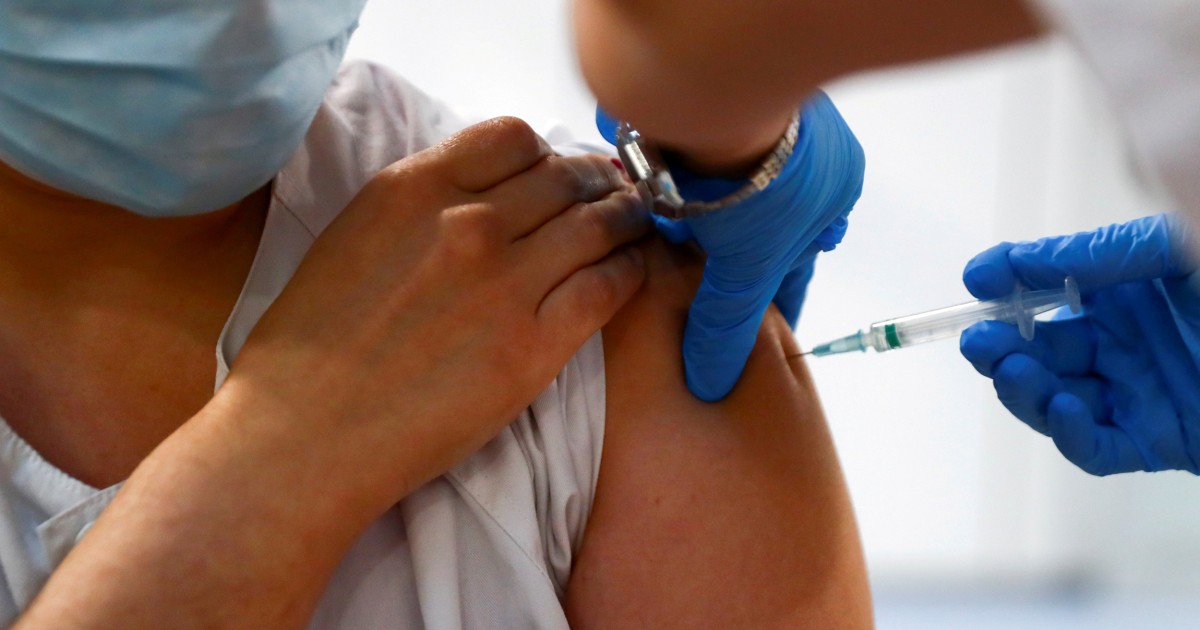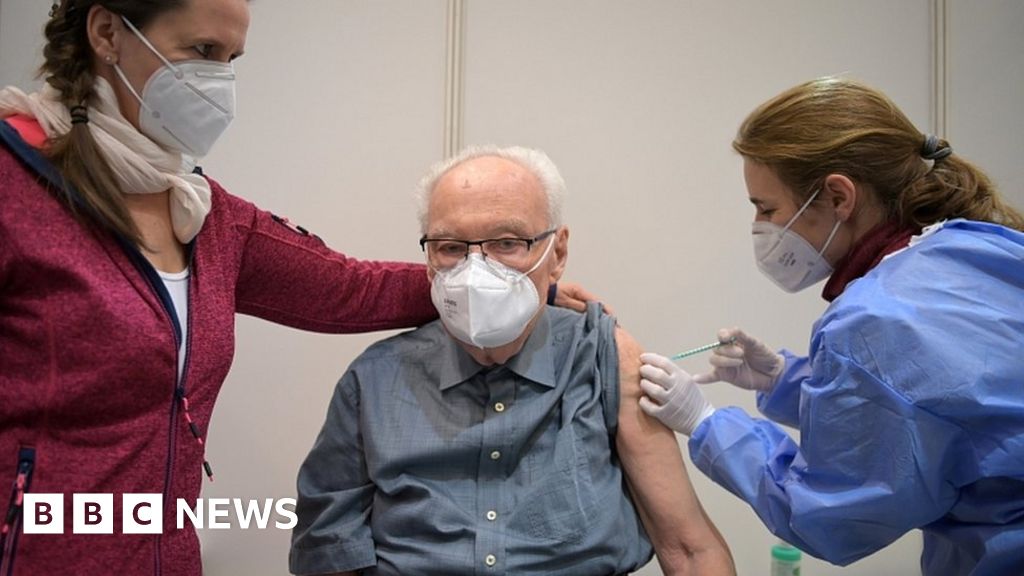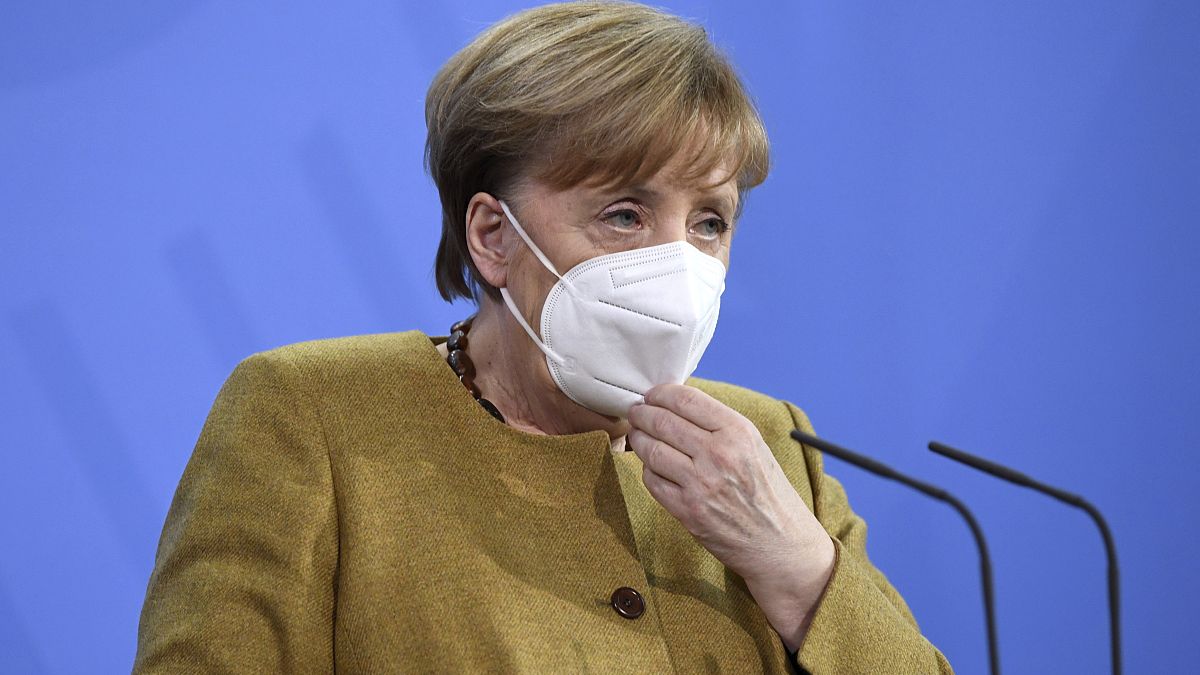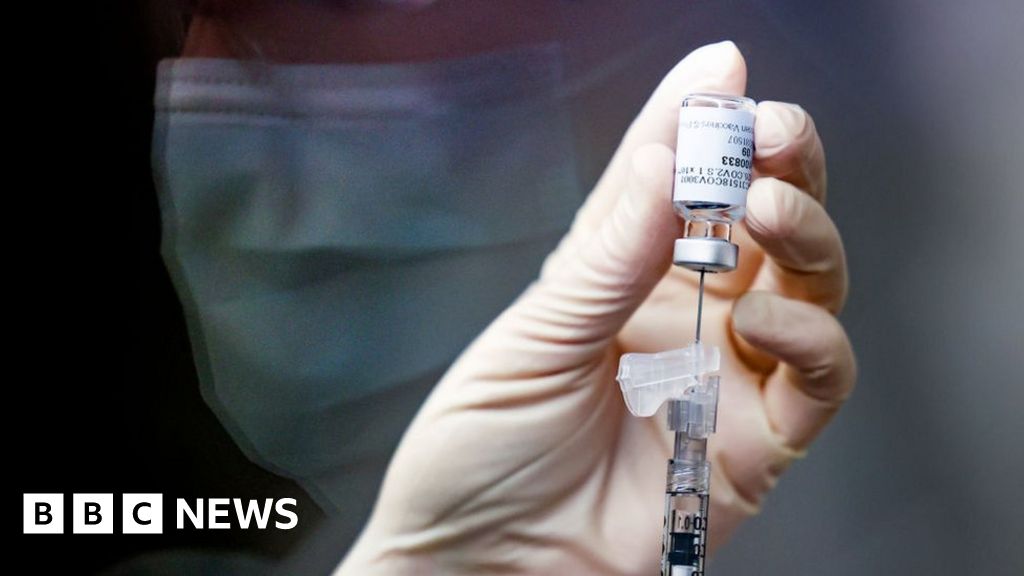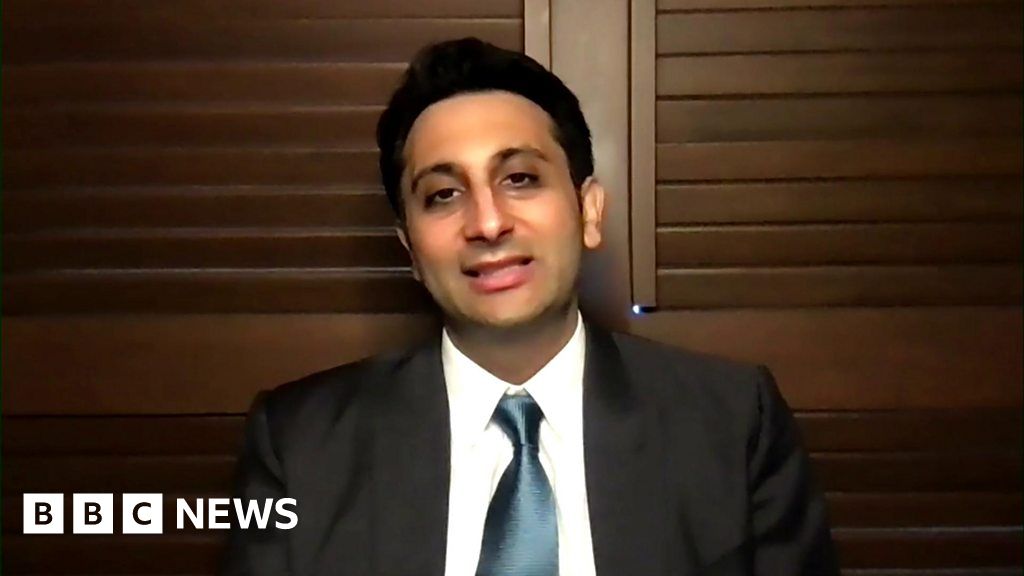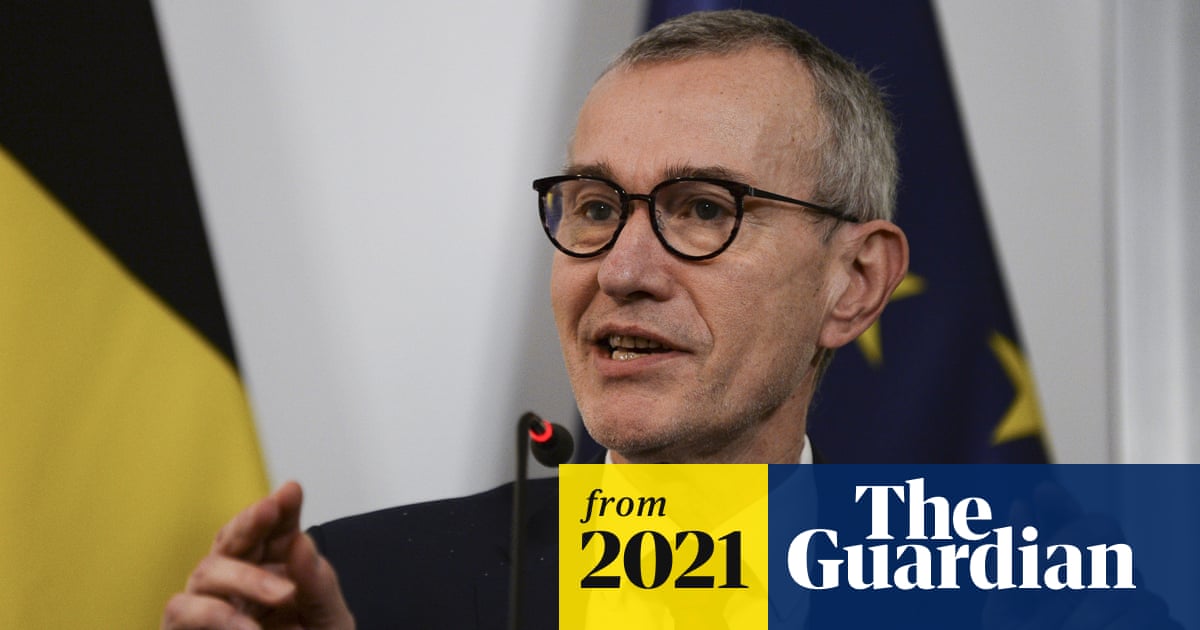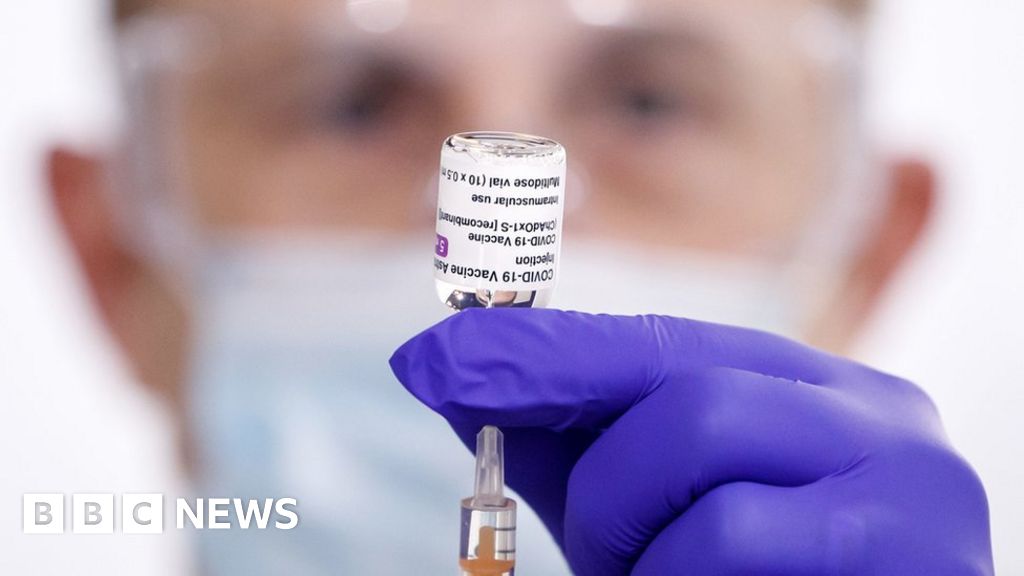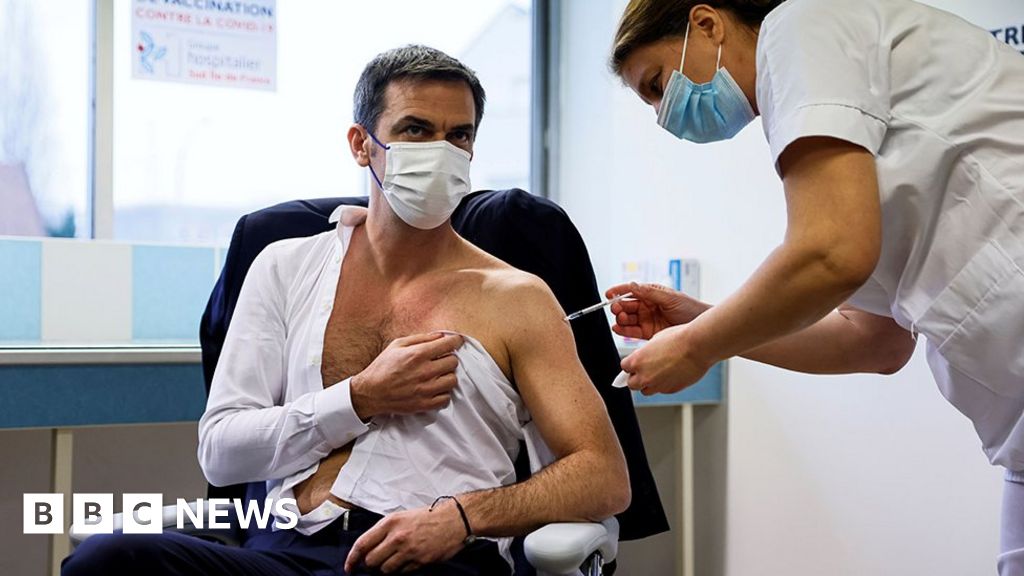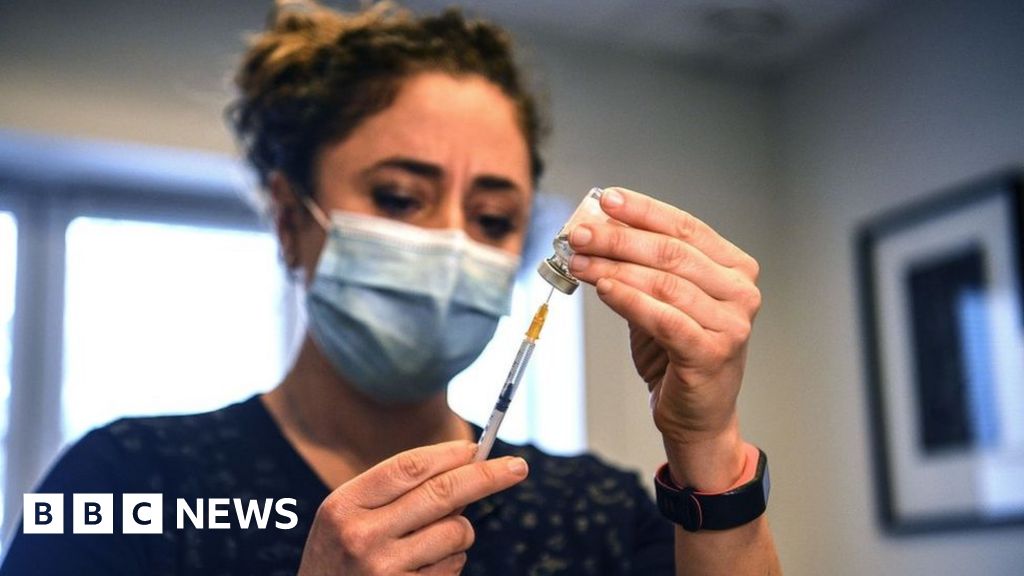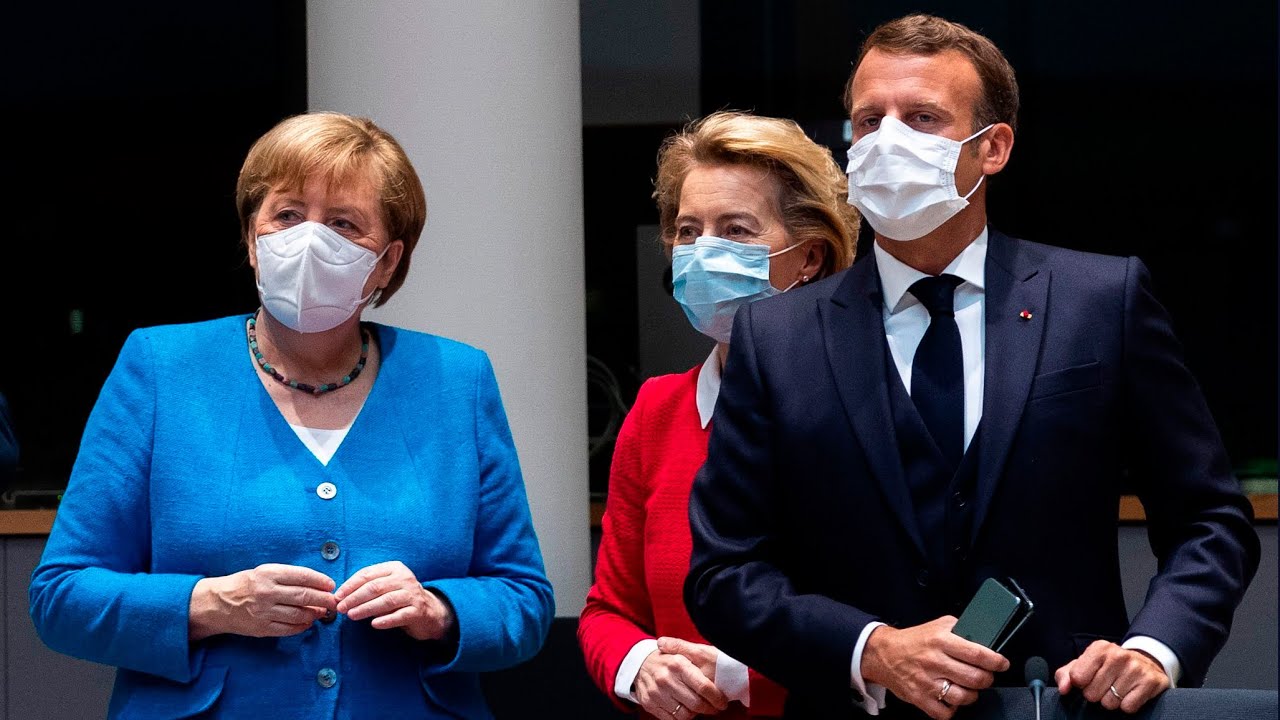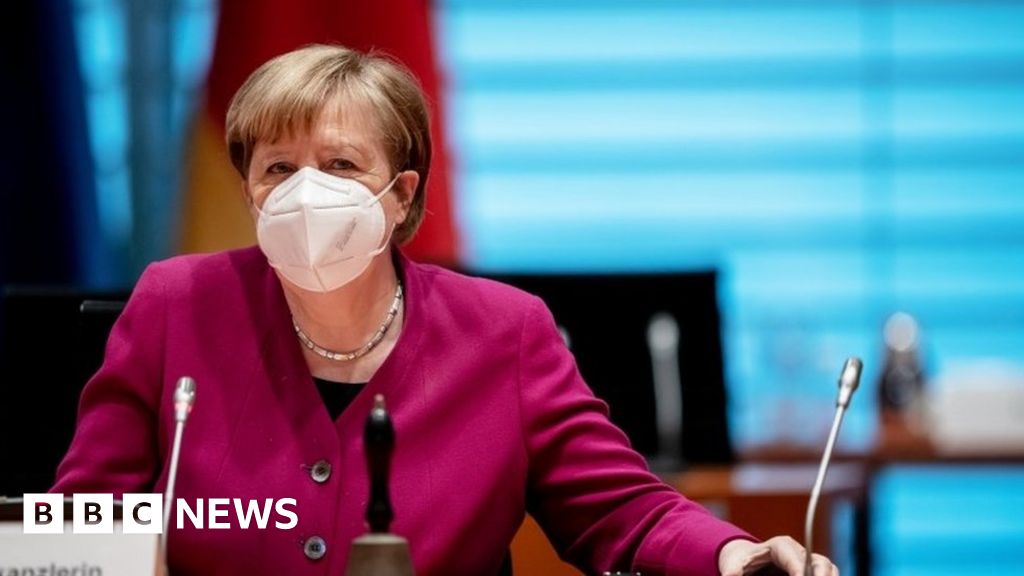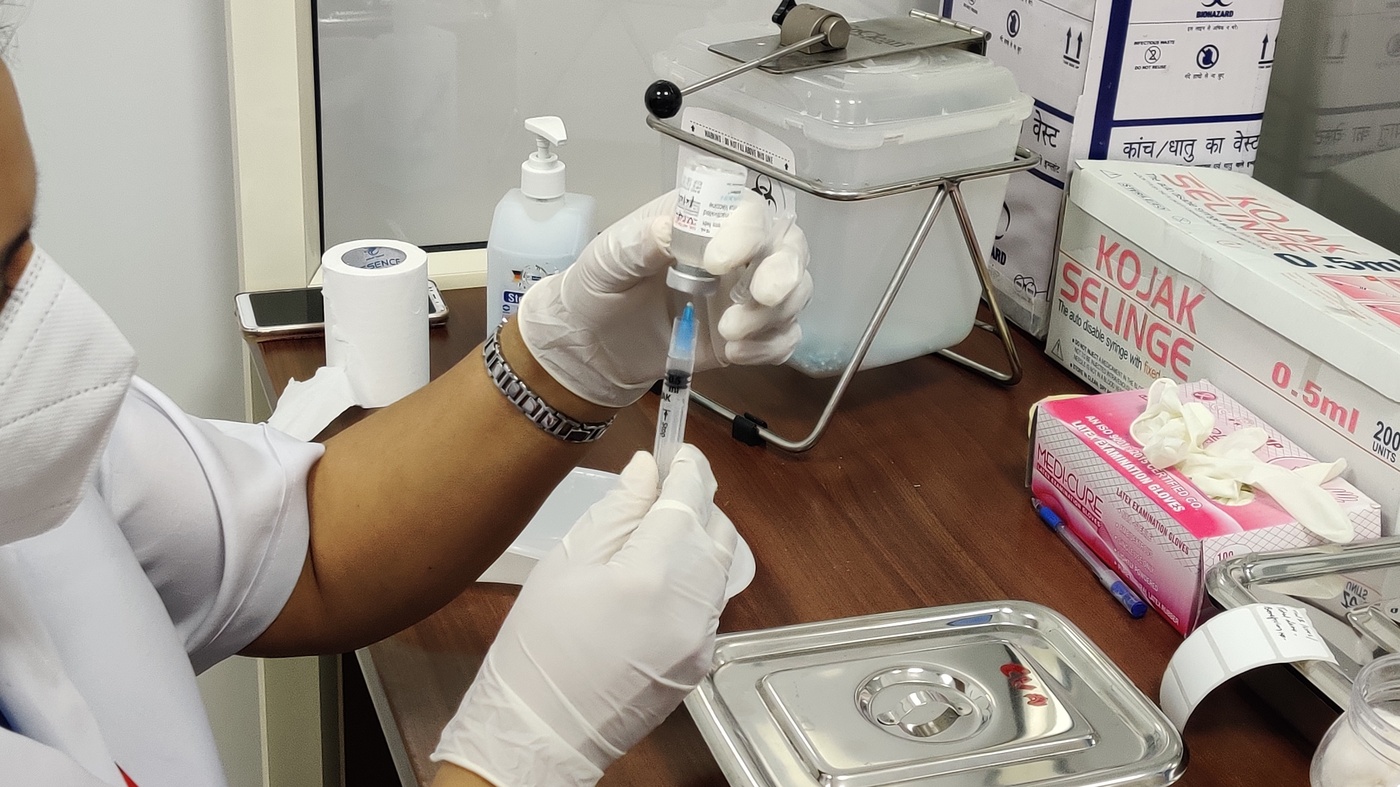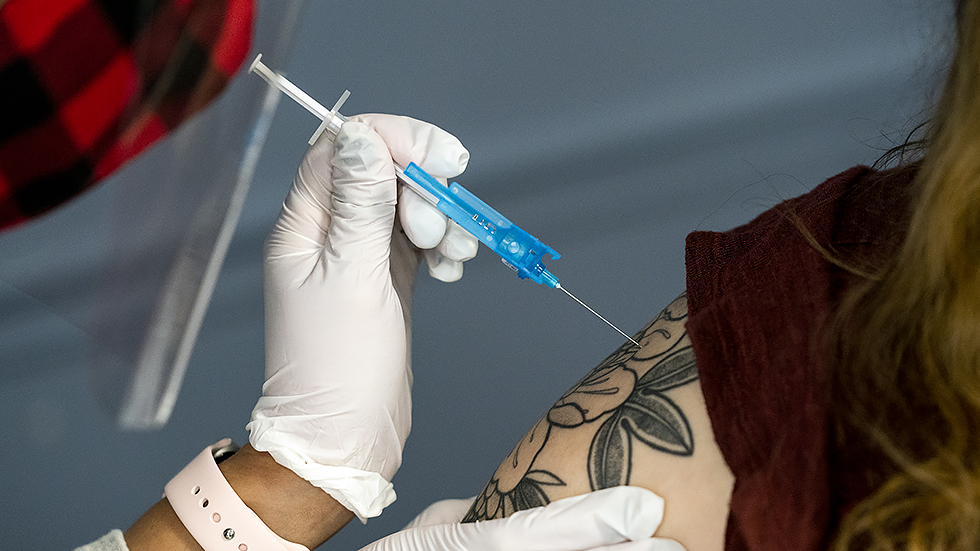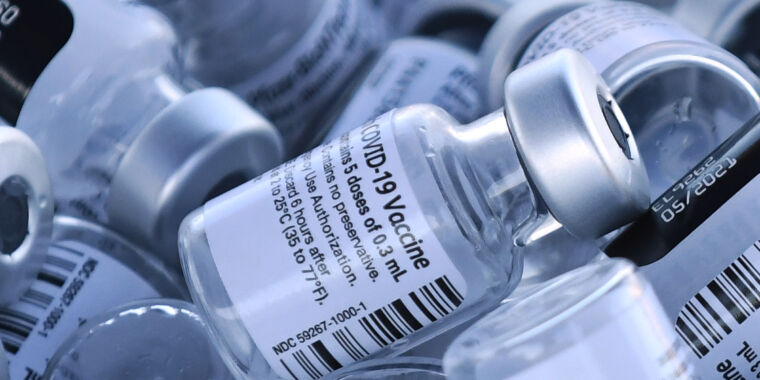Many reports cited an interview the Chancellor gave with German newspaper
Frankfurter Allgemeine Zeitung (FAZ).
In the
interview, Merkel said: "I am 66 years old and I do not belong to the group recommended for Astra-Zeneca".
The German government states that only those people "in the top priority group who are aged between 18 and 64" can be given the AstraZeneca vaccine.
"This is a safe and highly effective vaccine, one of three currently approved for use in the European Union," the Federal Government adds on their
website.
"All the authorities tell us that this vaccine can be trusted," said Merkel, who is two years older than the upper recommended threshold.
"As long as vaccines are as scarce as they are now, you can't choose what to vaccinate with," the Chancellor added to FAZ.
UK news organisations, therefore, took her quotes out of context to sound like she did not want the jab.
Germany, alongside other European Union member states, has been criticised for its perceived slowness in rolling out coronavirus vaccines to citizens.
But at a crucial moment for public health authorities across Europe, misleading headlines can trigger vaccine hesitancy and fuel anti-vax narratives.
